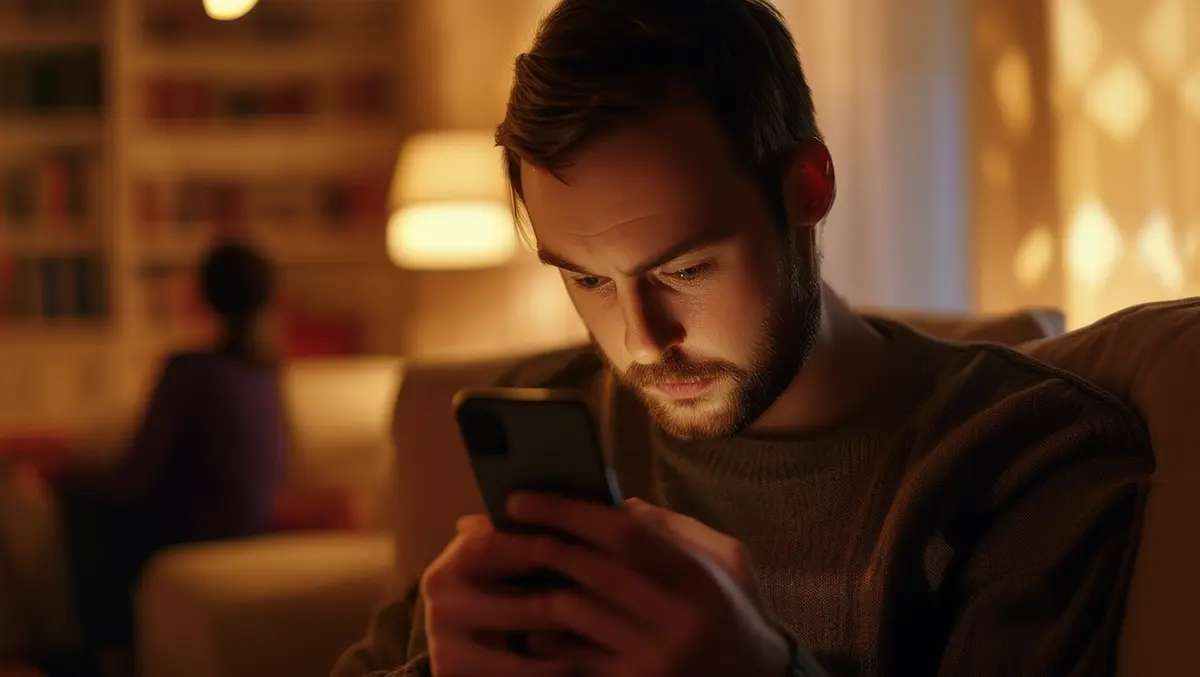
Brits go to great lengths to hide digital content from partners
New research conducted by ExpressVPN reveals startling trends in how people in the United Kingdom manage their digital privacy, particularly in the context of their relationships. The survey of 2,000 UK respondents highlights the lengths to which individuals go to hide phone contents from their partners, shedding light on underlying trust issues.
According to the survey, one-third (32%) of Brits have deleted messages or photos to ensure their partners do not see them. There is a significant gender divide in this behaviour, with nearly four in ten British men (39%) admitting to such practices compared to just 26% of women.
The issue of trust within relationships is further compounded by findings that one-quarter (25%) of Brits have snooped on their sleeping partner's phone. Lauren Hendry Parsons, Privacy Advocate at ExpressVPN, commented, "In today's world, our phones and social media accounts are extensions of our personal lives. This research shows just how far Brits will go to protect their digital privacy - and it isn't necessarily about hiding something, but maintaining control over your personal space and freedom."
The importance placed on digital privacy is also evident in financial terms. Nearly one-third (29%) of participants said that no amount of money could persuade them to hand over full access to their phone and social media accounts, a sentiment stronger among women (35%) than men (23%). Additionally, 18% of respondents indicated that it would take at least GBP £1 million for them to relinquish control of their digital lives.
Additionally, the research underscores the high value Brits place on their digital privacy in comparison to other aspects of their lives. Nearly 29% of respondents would rather lose all their friends, and 28% would prefer losing their job instead of granting full access to their digital contents. Moreover, 53% of those surveyed would be more distressed by the hacking of their phone or social media accounts than by losing their passport.
The survey also delves into sensitive digital content, revealing that 23% of Brits have nudes on their devices, with a notable gender disparity: 29% of men versus 18% of women. Despite the potential risks, nearly one in five (19%) do not take any measures to protect these sensitive images. However, of those who do take precautions, 31% use hidden files, 30% store the photos in password-protected folders, and 16% use secure photo vaults or apps.
The data further highlights trust issues within relationships driven by digital interactions. Nineteen per cent of Brits have attempted to guess their partner's social media passwords, and 18% have snooped on their partner's phone when left unattended. Alarmingly, 10% of respondents believe their relationship would end if their partner had full access to their phone and social media accounts.
"Privacy is a fundamental right - and this research just shows the importance of it," noted Parsons. "The lengths to which individuals go to preserve their digital privacy, as highlighted in our survey, underscores the need for robust privacy and security solutions in safeguarding our online lives. Whether it's a matter of sordid secrets or simply a desire for autonomy, it's clear that many Brits value privacy online just as much as they do in their non-digital lives."


